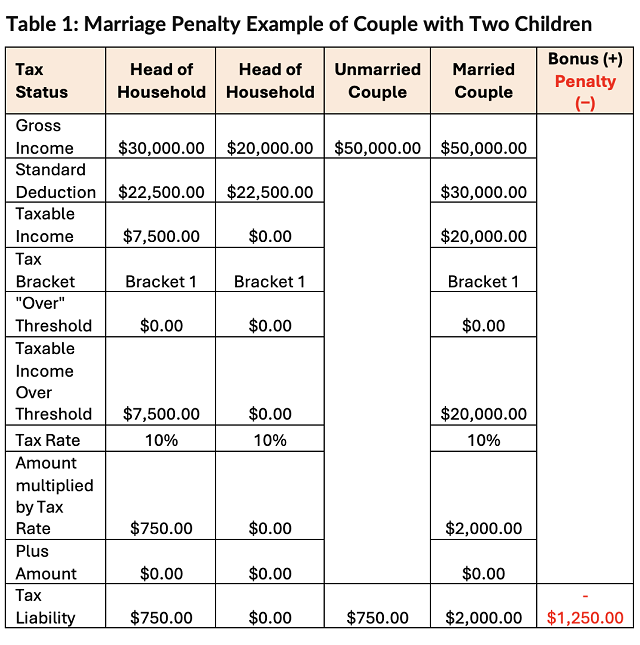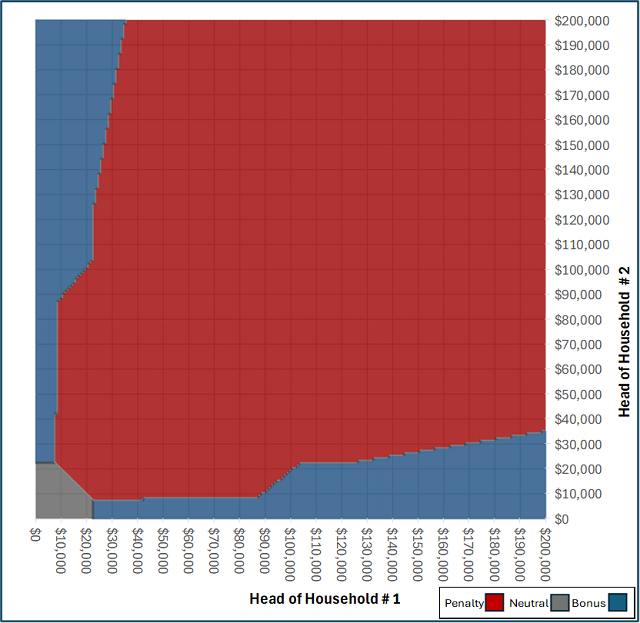
Three issues Georgia parents are most concerned about

Three issues Georgia parents are most concerned about
According to a new report from Emory University, ”The State of Child Health and Well-Being in Georgia 2025,” quality of education, mental health, and the effects of social media are top concerns for Georgia parents.
The report is based on a statewide survey, which asked parents to share what they’re most worried about when it comes to their children’s health, safety, and well-being. The leading issues are not isolated worries. Instead, they are the daily realities shared by Georgia families from a variety of backgrounds and types of communities.
Parents are most worried about education and school quality
More Georgia parents cited education and school quality as a top concern than any other issue.
Confidence in schools is slipping across all communities, especially among Black and Hispanic families, who are more likely to rate their local schools as “fair” or “poor.” For 35% of Black parents, education quality was the second highest concern behind gun violence.
Education is also the top issue across geographic locations: 36% of rural parents and 39% of non-rural parents said it was their highest concern, followed by social media and bullying.
When it comes to schools, safety is just as much top-of-mind for parents as the quality of education. Overall, 60% of parents surveyed feel that schools are less safe than in the past. They overwhelmingly support measures to improve school safety, including mental health awareness and laws promoting safe firearm storage.

Image: Emory Center for Child Health Policy, “State of Child Health and Well-Being in Georgia 2025“
Mental health concerns are growing
According to the report, as many as 15% of Georgia children have depression, 25% have ADHD, and 31% have anxiety. Some of these children have received an official diagnosis, while others have not—though their parents are concerned about the possibility.
Even more alarming: 63% of kids who have been diagnosed with a mental health condition aren’t yet receiving the care they need.
Georgia parents are trying to respond. Encouragingly, most parents say they feel comfortable talking to their kids about suicide and emotional well-being.
But access to mental health services remains a major issue. Long waitlists, provider shortages, and geographic barriers keep kids from the help they need—especially in rural areas. These challenges can snowball into higher rates of school dropouts, encounters with the juvenile justice system, substance abuse, and other negative outcomes.
Social media is fueling anxiety for both parents and kids
Georgia parents are also worried about the impact of digital life on their children’s well-being. Social media ranked among the top three concerns statewide, right alongside bullying and gun violence.
Parents recognize the growing physical and emotional tolls of social media on young people—everything from unrealistic expectations and cyberbullying to struggles with sleep and behavioral regulation.
The takeaway is clear: families want better tools for managing digital risks—and they need help to set institutional boundaries that protect kids’ mental and emotional health.
The good news is that Georgia lawmakers are recognizing the urgency of this issue. In 2025, Georgia lawmakers passed the Distraction-Free Schools Act (HB 340) to limit cellphone use for K-8 public school students during the school day. Under the bill, phones could be restricted from the start of the school day until the end, ensuring students can fully engage in learning and schools can foster an environment that supports focus and mental well-being.
Listening to parents is key to moving forward
For policymakers and community leaders, these findings shed light on where Georgia’s families need better solutions and support. Giving families more school choice options, improving school safety and learning environments, and strengthening access to mental health care are all areas where smart policy reforms and community-based efforts can help remove barriers to opportunity, especially for our most vulnerable communities.
Image Credits: Canva, Emory Center for Child Health Policy













